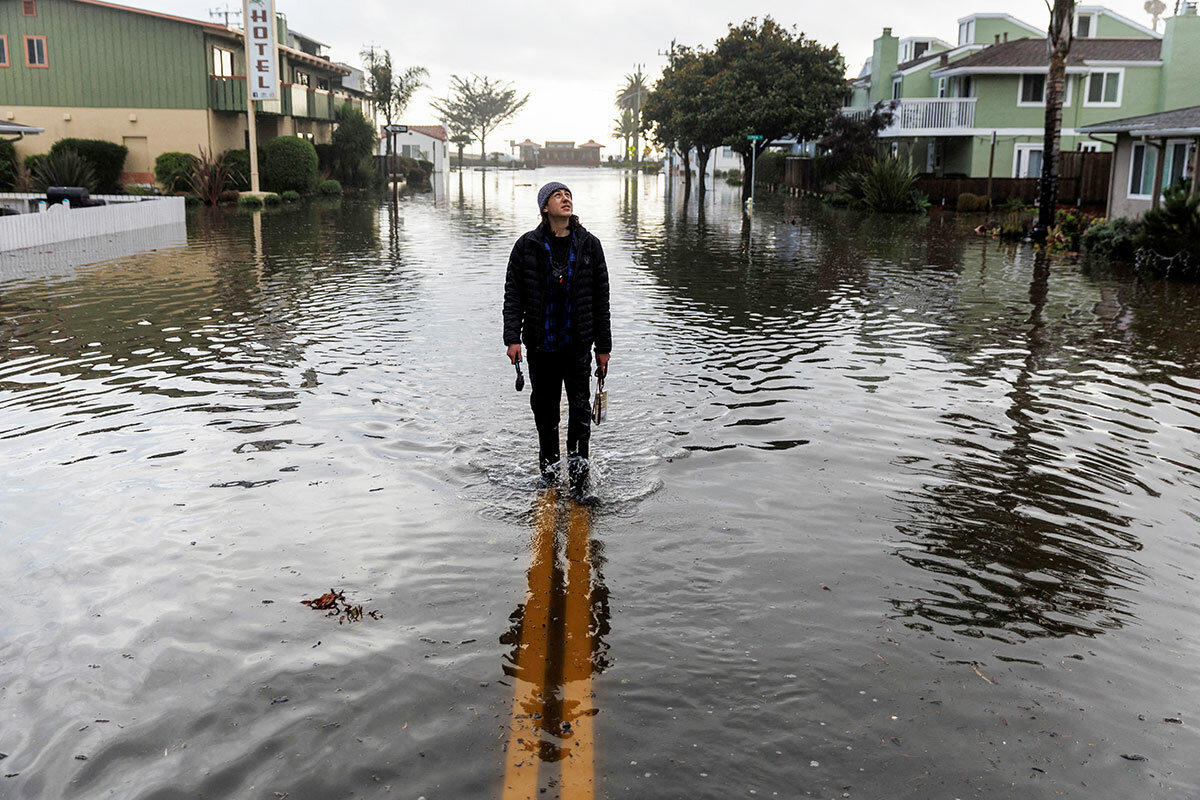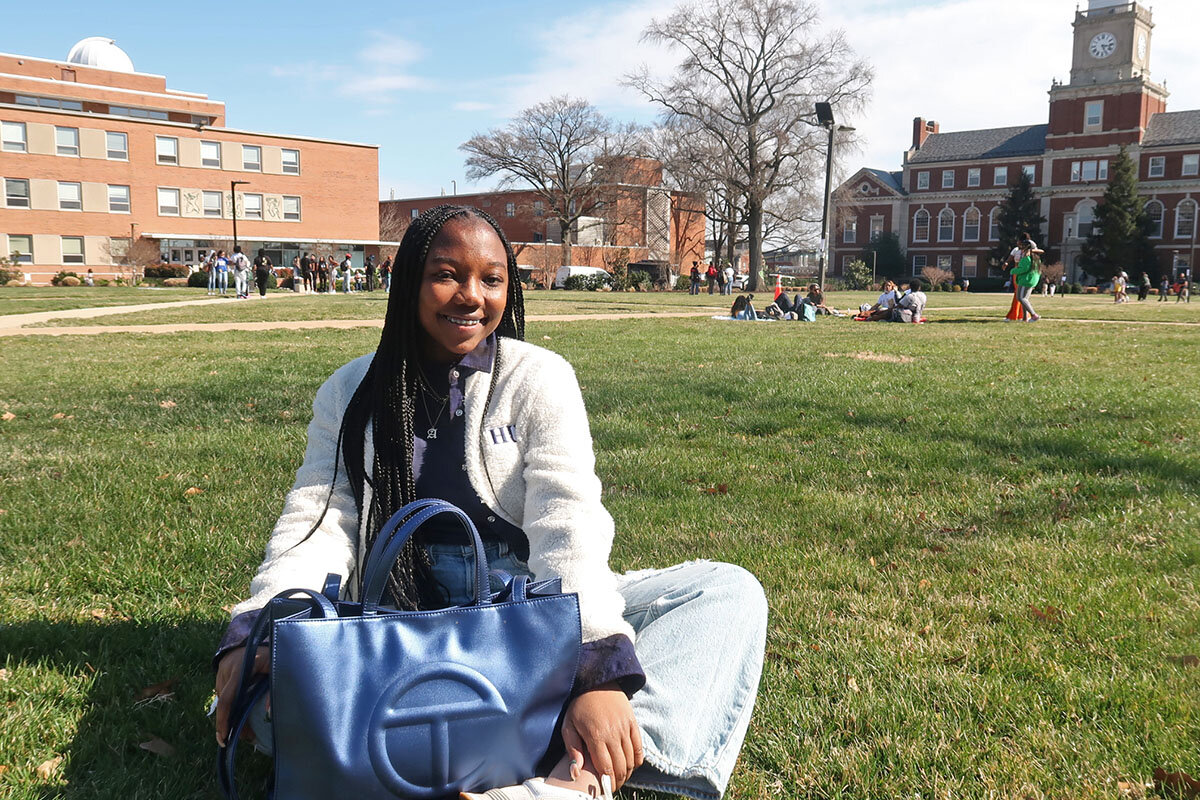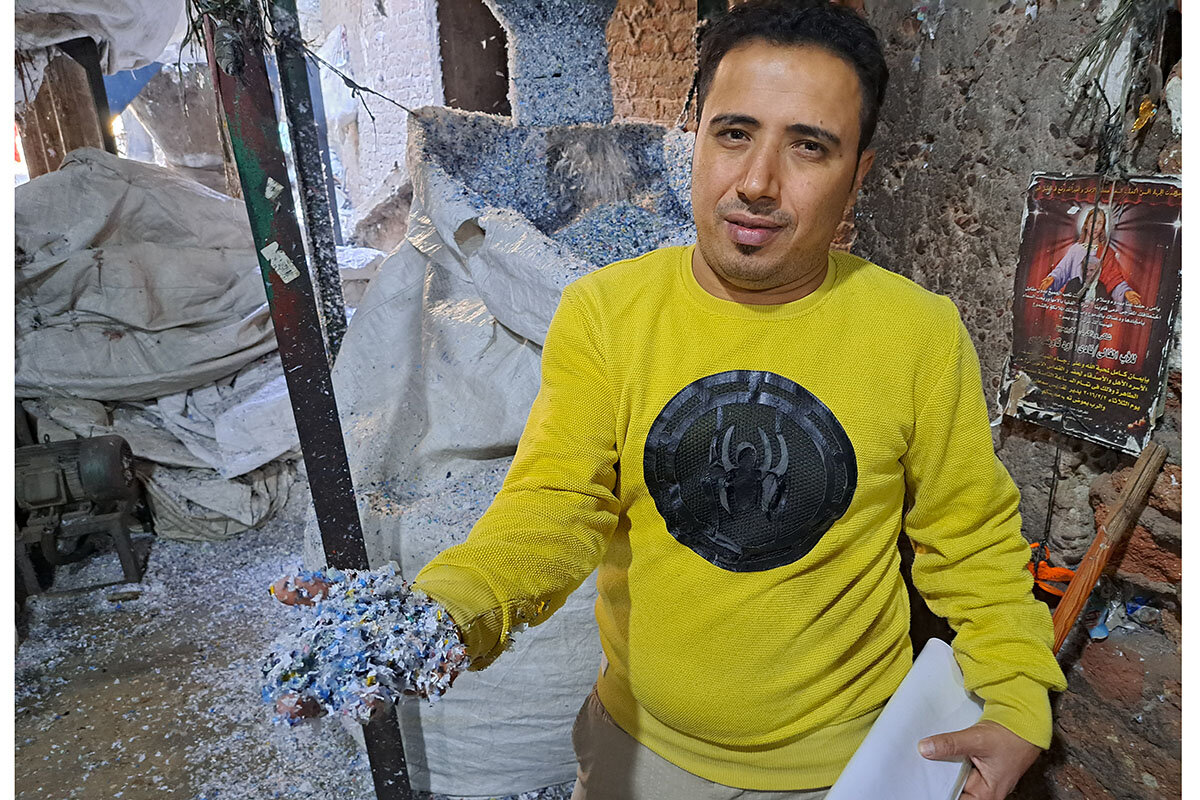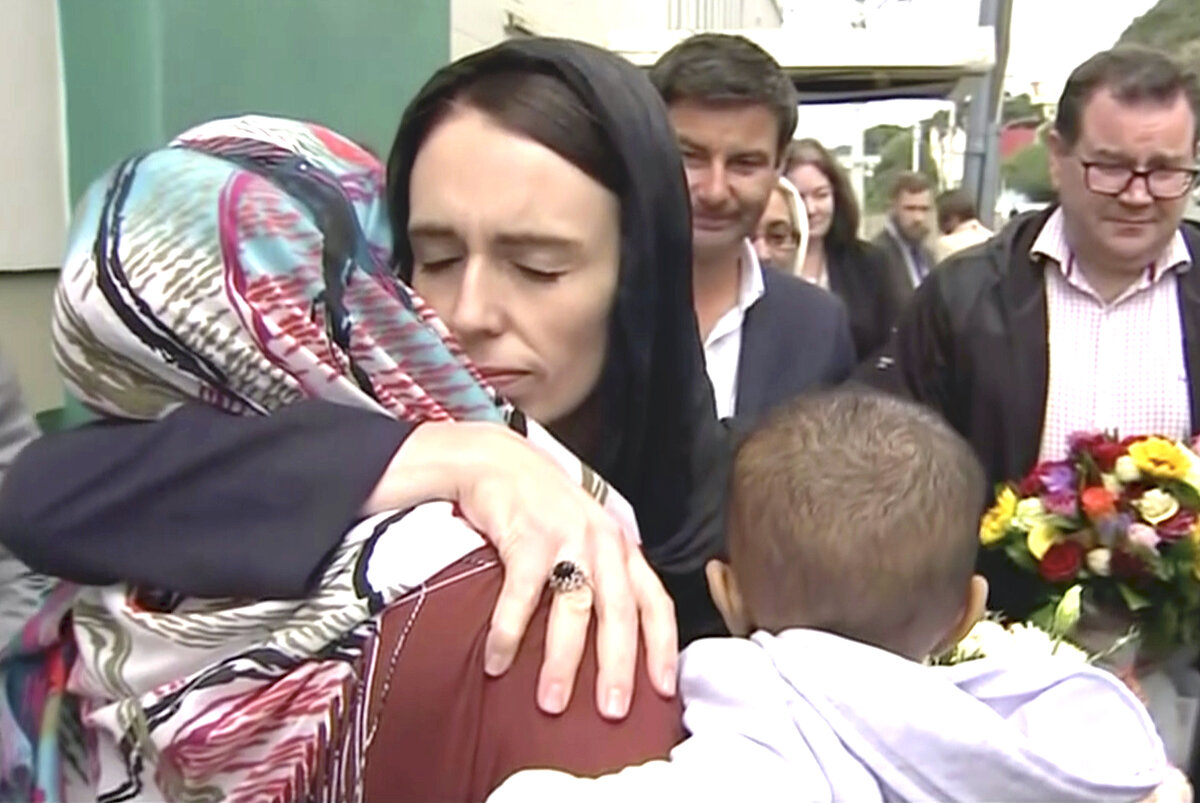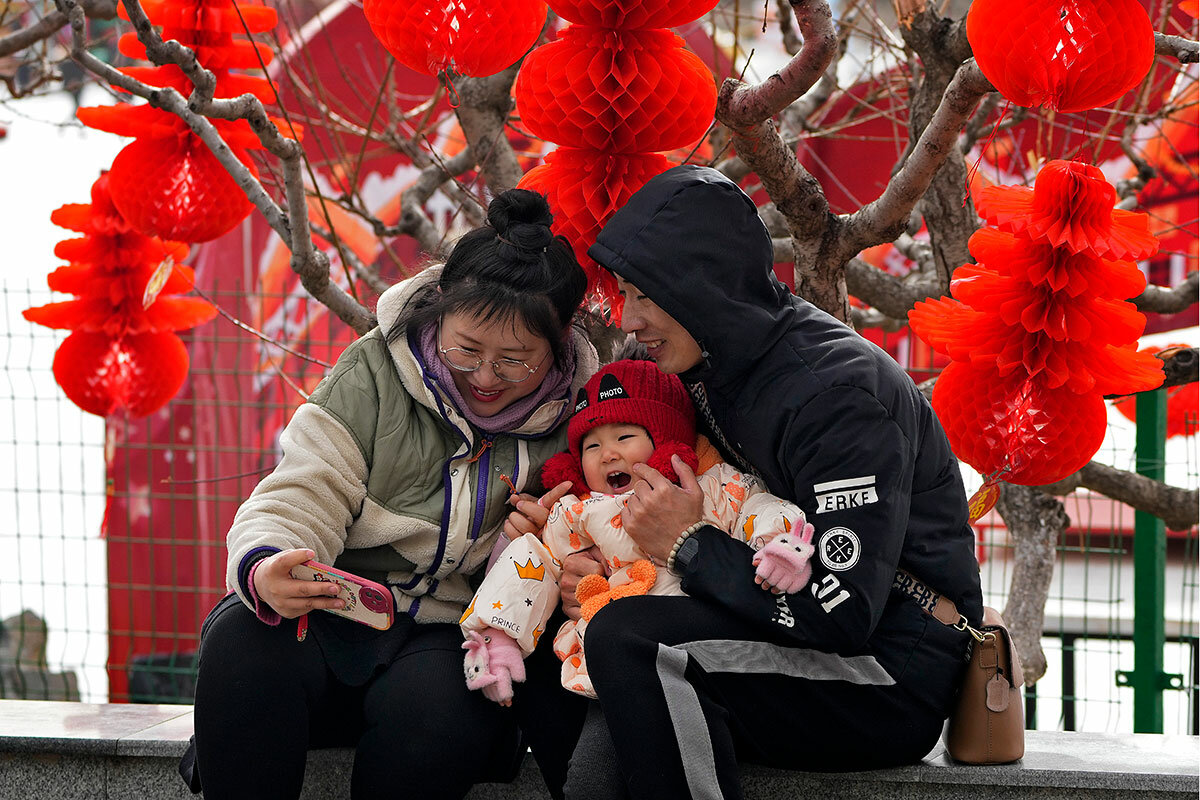Israel is facing a constitutional crisis, with the new government looking to make bold moves that could recast the judicial system. A new court decision points to the emerging battle lines.
Monitor Daily Podcast
- Follow us:
- Apple Podcasts
- Spotify
- RSS Feed
- Download
 Mark Sappenfield
Mark Sappenfield
Have you read David Brooks’ latest article in The Atlantic? You should. It’s titled: “Despite Everything You Think You Know, America Is on the Right Track,” and you can read it here.
One main takeaway is this: It is essential not to mistake social upheaval with national weakness. Social upheaval is inevitable and in crucial ways can be a sign of strength. As Mr. Brooks says: “We go through moments when the established order stops working. People and movements rise up, and things change ... as new problems become obvious, the culture shifts.”
The world never stands still. Strength is measured by how well nations can evolve with it. “If there is one lesson from the events of the past year,” Mr. Brooks continues, “it is that open societies such as ours have an ability to adapt in a way that closed societies simply do not. Russia has turned violent and malevolent. China has grown more authoritarian and inept.”
The Monitor would argue that open societies are successful because they do the best job of protecting and expanding core human values – compassion, fairness, honesty, responsibility, ingenuity, and so on. That’s the idea behind our new values approach to news. If these are the things that really matter, shouldn’t the media be paying attention to them?
A friend of the Monitor, prize-winning journalist Mónica Guzmán, recently tweeted about our values approach: “It was so refreshing just to scan through this list. I can see dangers – sugarcoating, forcing problems into the shape of solutions... but … There’s something really promising here.”
Balancing hope and hard news has always been the Monitor’s challenge. But as Mr. Brooks compellingly shows, there are plentiful credible counterarguments to today’s doomscrolling. That starts with recognizing that progress is inherent in the highest ideals of humanity, and news is the story of our collective struggle to reach them.





